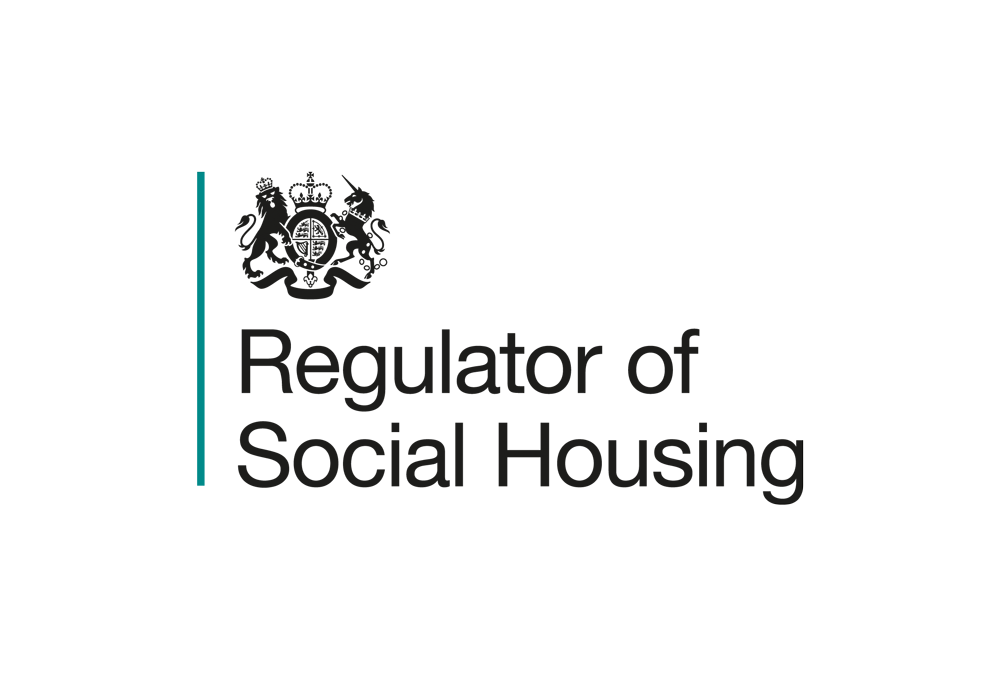Improving mental health after a period of lockdown is crucial, as the experience of confinement and restricted social interactions can have a significant impact on our well-being.
Here are some strategies that can help you improve your mental health:
- Establish a routine: Creating a daily routine can provide structure and a sense of stability. Plan your day, including regular sleeping patterns, meals, exercise, work/study time, and leisure activities. Having a routine can help restore a sense of normalcy and control.
- Stay physically active: Engage in regular physical activity as it has been shown to boost mood and reduce symptoms of anxiety and depression. You can try home workouts, yoga, dancing, or simply going for a walk or run outside while adhering to any local guidelines.
- Maintain social connections: Stay connected with your loved ones through phone calls, video chats, or social media. Human interaction is crucial for our mental well-being. Join online communities or support groups where you can connect with people who share similar interests or experiences.
- Practice self-care: Engage in activities that promote self-care and relaxation. This can include taking warm baths, practicing mindfulness or meditation, reading books, listening to music, or pursuing hobbies that you enjoy. Dedicate time to yourself and prioritise self-care as an essential part of your routine.
- Limit news consumption: Constant exposure to news about the pandemic and its negative effects can increase anxiety and stress. Stay informed, but consider limiting your news intake to specific times of the day. Focus on reliable sources, and balance the information with positive and uplifting content.
- Set goals and focus on personal growth: Use this time to set achievable goals and work towards them. It could be learning a new skill, starting a personal project, or improving your knowledge in a particular area of interest. Engaging in activities that give you a sense of accomplishment and purpose can boost your mood and self-esteem.
- Practice gratitude and mindfulness: Cultivating gratitude and practicing mindfulness can help shift your focus towards positive aspects of life and improve overall well-being. Consider keeping a gratitude journal, where you write down things you are grateful for each day. Engage in mindfulness exercises or guided meditation to reduce stress and increase present-moment awareness.
- Seek professional help if needed: If you find that your mental health is significantly affected and you’re struggling to cope, don’t hesitate to seek help from a mental health professional. They can provide guidance, support, and appropriate interventions tailored to your needs.
Remember, everyone’s experience is unique, and it’s important to be patient and kind to yourself during this process.









